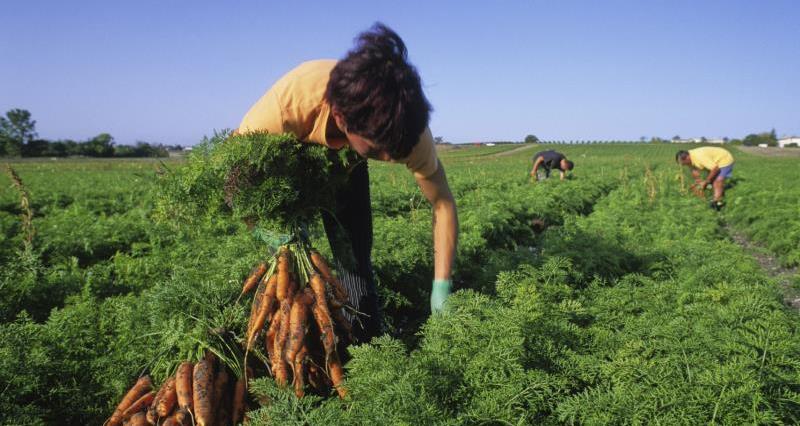
Recommendations to reduce the migrant salary threshold to £25,600 does not go far enough for the agricultural sector, the NFU has said.
The call comes after the Migration Advisory Committee (MAC) offered recommendations on both a new points based system and salary thresholds.
The recommendations would take effect at the end of the Brexit transition period, on 31 December 2020.
But the NFU has said more detail is needed on how the government plans to address farming’s labour needs that fall outside the higher skills categories.
This includes a commitment from the government to expand the Seasonal Workers Scheme to the full 70,000 by 2021 which is needed by the horticulture sector.
NFU President Minette Batters said that while the proposed reduction in the current salary threshold from £30,000 to £25,600 is a step in the right direction, this needs to go further to match the current skills threshold.
“If British agriculture is to continue delivering for the nation’s public after we leave the EU, it is essential we maintain access to a workforce with the skills needed across both permanent and seasonal roles, and action is needed to ensure continuity of labour supply, as the MAC report recognises.
“When it comes to a safe and secure supply of home-grown food and plants, farming needs a wide variety of skills from packers and meat processors to vets and herdsmen,” she said.
“I firmly believe British agricultural and horticultural production – whether that is care for crops, harvesting and packing, or world-leading animal health and welfare – is too valuable to be restricted by an immigration policy that fails to recognise its wide and varying needs.”
The UK food and farming sector currently contributes more than £120 billion to the nation’s economy.
